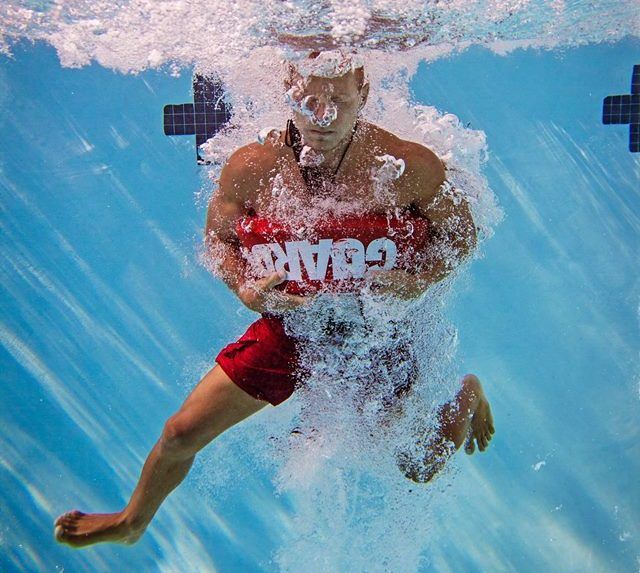The Importance of CPR Training for Lifeguards and Beyond
In a world where emergencies can happen in the blink of an eye, being equipped with life-saving skills is more crucial than ever. Cardiopulmonary resuscitation (CPR) training is not just a requirement for lifeguards; it’s a vital skill for anyone who wants to make a difference in critical situations. Let’s explore why CPR training is essential, especially for lifeguards, and how it can benefit everyone.

The Lifeguard’s Role
Lifeguards are often the first responders in aquatic emergencies. They’re trained to assess situations quickly and take immediate action to ensure the safety of swimmers life guard. CPR training equips lifeguards with the knowledge and skills to respond effectively to cardiac arrests, drownings, and other emergencies that may occur in or around water.
Why Lifeguards Need CPR Training
- Immediate Response: In emergencies, every second counts. Lifeguards are trained to perform CPR swiftly, significantly increasing the chances of survival for a person experiencing cardiac arrest.
- Water Safety: Drowning can lead to unconsciousness and cardiac arrest within minutes. Lifeguards with CPR training can not only rescue individuals from drowning but also provide the critical care needed until medical professionals arrive.
- Confidence in Action: CPR training instills confidence in lifeguards, allowing them to act decisively under pressure. This confidence can make all the difference in high-stress situations.
Beyond the Pool: The Broader Impact of CPR Training
While lifeguards are on the front lines of aquatic safety, CPR training has far-reaching benefits for everyone, regardless of their profession or lifestyle.
Life-Saving Skills for All
- Everyday Emergencies: Sudden cardiac arrest can happen anywhere—at home, work, or even while enjoying a day out. Being trained in CPR means that anyone can step in to help during an emergency, potentially saving a life.
- Community Preparedness: When more people are trained in CPR, communities become safer. Trained individuals can act as first responders in emergencies, creating a network of support that enhances overall public safety.
- Encouraging a Culture of Care: CPR training fosters a sense of responsibility and awareness in individuals. When people learn these skills, they are more likely to look out for one another, creating a culture where health and safety are prioritized.
The Lifelong Benefits of CPR Training
- Skill Retention: CPR techniques can be easily learned and retained with practice. Regular refreshers can help ensure that skills are sharp and ready for use when needed.
- Career Advancement: Many professions—such as teaching, coaching, and healthcare—value CPR certification. Being trained can enhance employability and show commitment to safety.
- Empowerment: Knowing that you have the ability to save a life is empowering. It transforms fear into action, providing individuals with the skills to help friends, family, and strangers in need.
Conclusion
CPR training is not just a requirement for lifeguards; it is an essential skill for anyone who wants to be prepared for emergencies. By learning CPR, you can make a difference in your community and potentially save lives. Whether you’re a lifeguard, a parent, a teacher, or simply a concerned citizen, investing in CPR training is a step towards fostering a safer environment for everyone.
